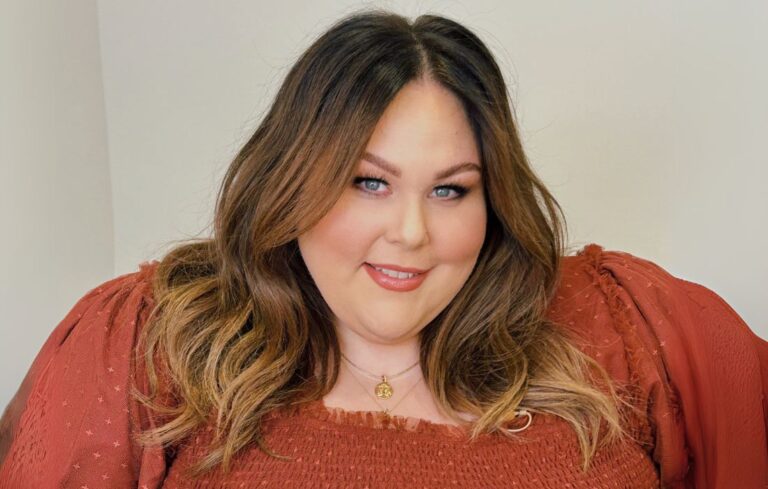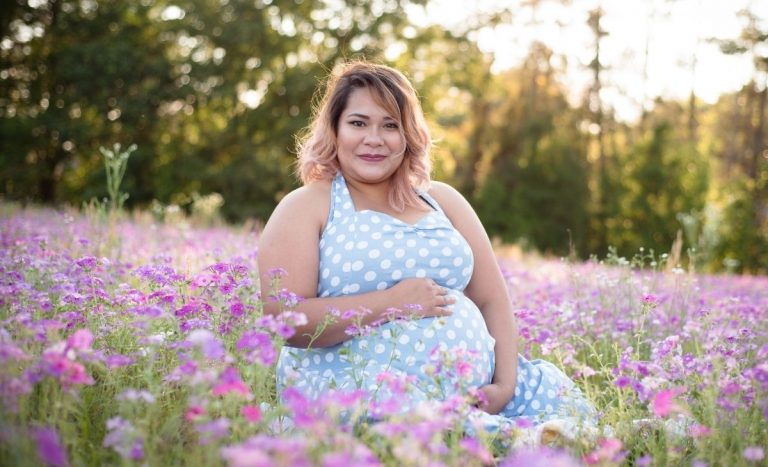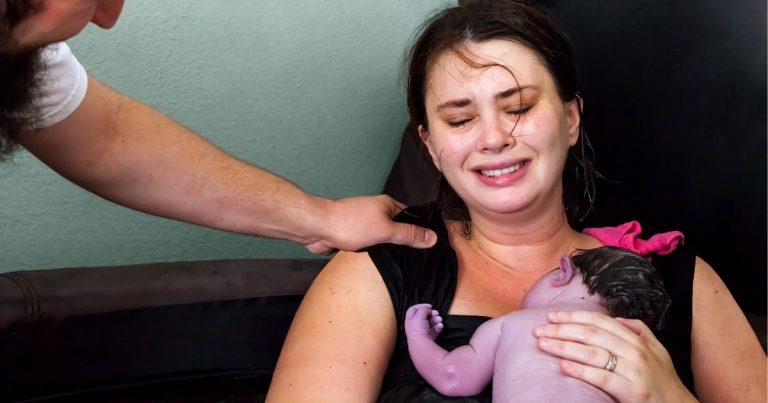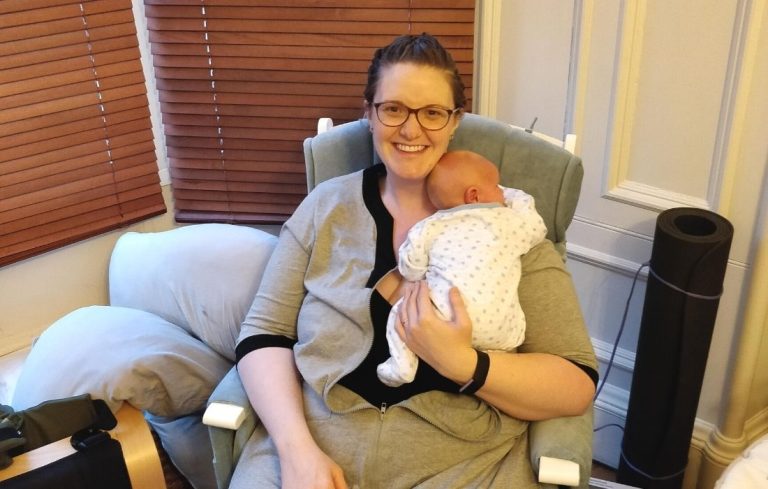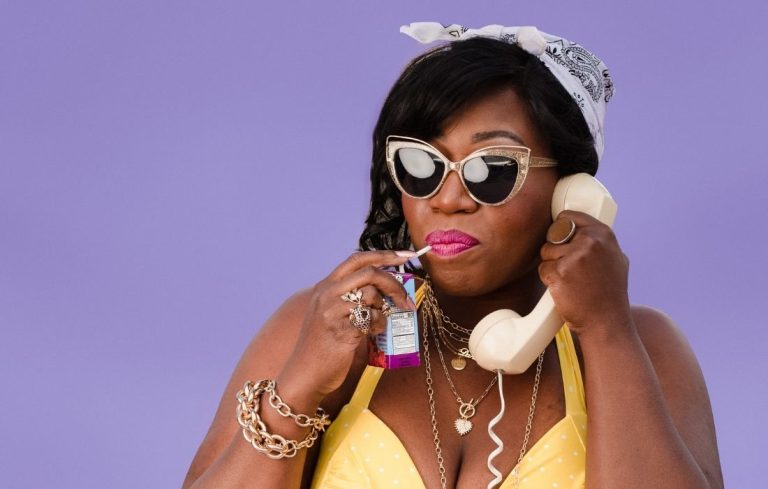How To Learn About Wellness Without Focusing On Weight
It’s hard to know where to begin when having the desire to learn about wellness rather than only focusing on weight loss.
Ashantis Jones takes an intersectional approach to wellness by blending her background in education, counseling, mental health, and fitness.
She addresses how parts of our identity come from our sexual orientation, gender identity, racial background, cultural background, and possible religious beliefs. And all of these things impact how we view and pursue wellness.
Learn about intersectional wellness and how to see health beyond one number on the scale. You’ll gain a new view of wellness and be inspired to approach it in a different light!

What is intersectional wellness?
While the fitness industry focuses on physical health, intersectional wellness digs deeper by looking at how racism, sexism, capitalism, and mental health affect an individual’s overall health.
Ashantis explains, “White supremacy is the really big umbrella. And then you take that smaller, you get to capitalism, and then you take that smaller, and you’ll see the diet culture industry, right, the idea that that also comes from the patriarchy because we need to be able to control women’s bodies. All of these things tie back to food because when you think about it, every culture has, you know, food that is specific to their culture, and that really makes them feel connected to their culture.”
For example, the diet industry has conditioned us to believe that rice is “bad” and quinoa is a superfood, but rice is a staple in many cultures. It’s also affordable and filling.
“Quinoa is great if you like the taste of quinoa, but if you like the taste of rice, get the rice. Because the only reason we’re being told it’s bad is because there’s a little sprinkle of racism in there.”
How can I learn about wellness in a body-positive way?
Wellness and Mental Health
The mind and body are interconnected.
As Ashantis says, “What a thought for us to focus on how we can improve mental health with physical but then also create a very loving relationship between the two.
A lot of times, people will work out of this place of shame or guilt. And if that’s all you’re thinking about while you’re doing the activity, then your brain is receiving that and saying, This is bad. So now you don’t want to work out because your brain actually thinks it’s bad.
Why are we treating our bodies with hate?”
Your mental health impacts your physical wellness, so if you need support, from medication to therapy, know you’re not alone.
Nutrition
We can learn a lot from babies as they know how to eat intuitively and will stop when they are full.
“Babies wean themselves off, and they’re like, okay, I’m done – I’m full. At some point, we start putting all of these structures in place around food. And it makes us completely just rewire from what our body’s intuition is.”
So, how can we relearn how to eat intuitively? Ashantis highly recommends the Intuitive Eating Handbook as a great first step.
Physical Activity
Find movement that invigorates you, from walking to strength training or just dancing in the kitchen with your kids.
“You just start where it feels comfortable. And just slowly move from there. And remember that it’s about getting the endorphins. It’s about the experience that comes from being able to enjoy your body in this way.”
So think about what form of movement brings you happiness and slowly integrate it into your life.
How can I be consistent with wellness?
Especially around the first of the year, people take an all-or-nothing approach to wellness and then feel guilty when they aren’t consistent.
Ashantis encourages people to question where that guilt comes from. For example, if you’re feeling guilty because of a promise you made to someone else about your wellness – remember that it’s your body! You get to choose what you do and don’t want to do with your body.
And remember there’s always tomorrow!
“You’re not always working towards consistency. Sometimes we’re working towards sustainability.”
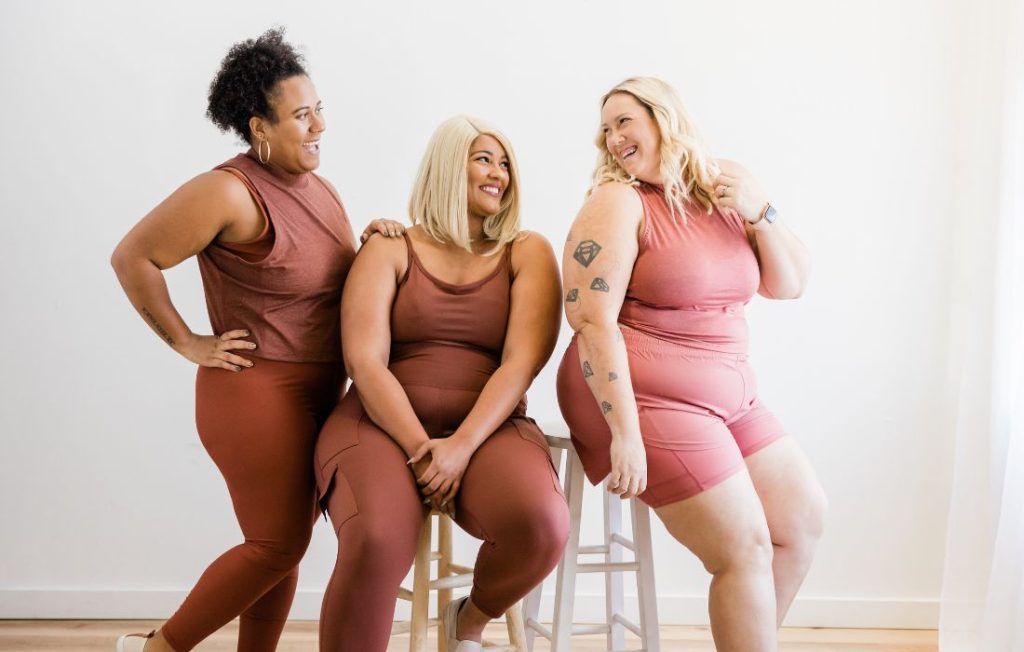
Learn much more from Ashantis Jones during episode 192 of the Plus Mommy Podcast.
Recording & Show Notes: Plus Mommy Podcast Episode 192
Transcript happily provided upon request.
Resources Mentioned On The Show
- Connect with Ashantis via her website, Instagram, TikTok, and all other social platforms @iamashantis.
- Instagram account, @constancelyeating
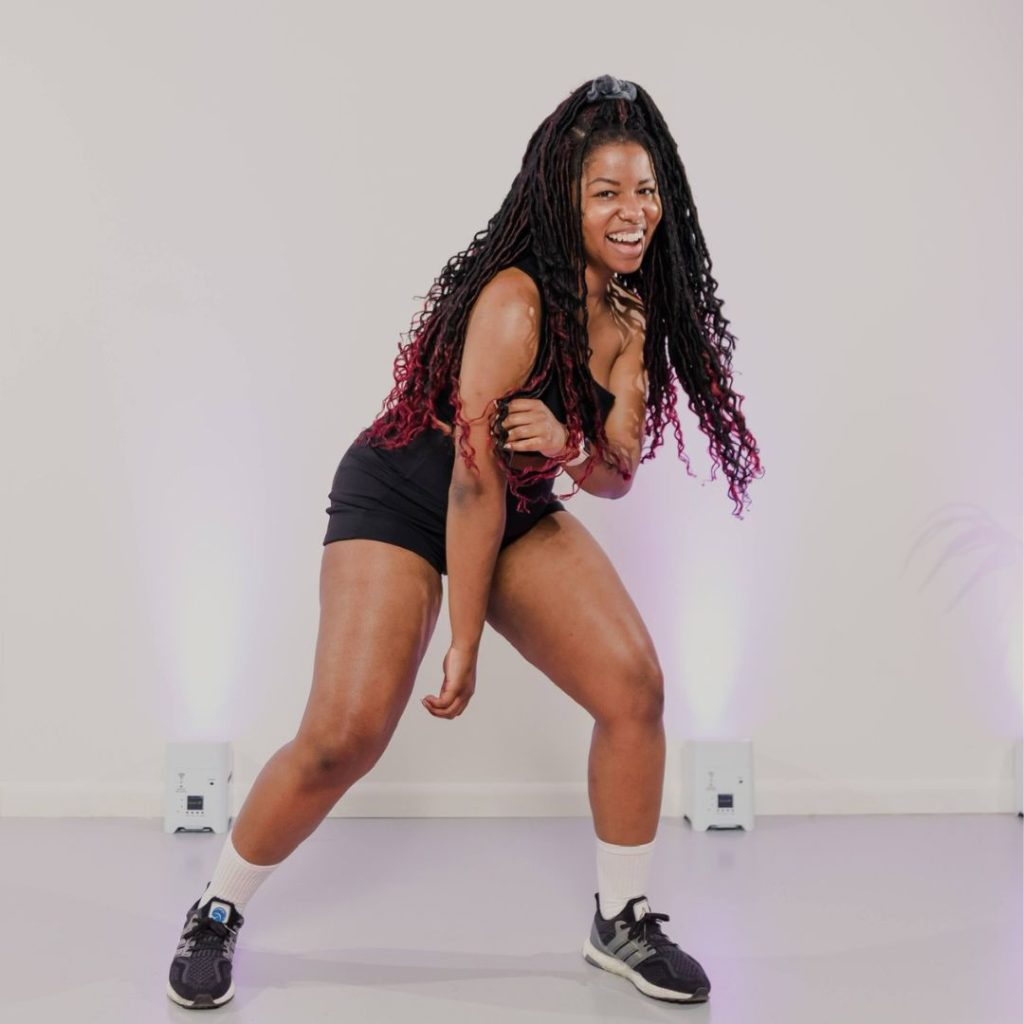
Like many other young adults, I had a hard first year out of college, and I found myself lost and confused about my path. Now, as a graduate of DePaul University’s MEd Counseling program and a National Academy of Sports Medicine Certified Personal Trainer, my career is dedicated to educating folks about wellness, so they can live a purposeful life starting today.


